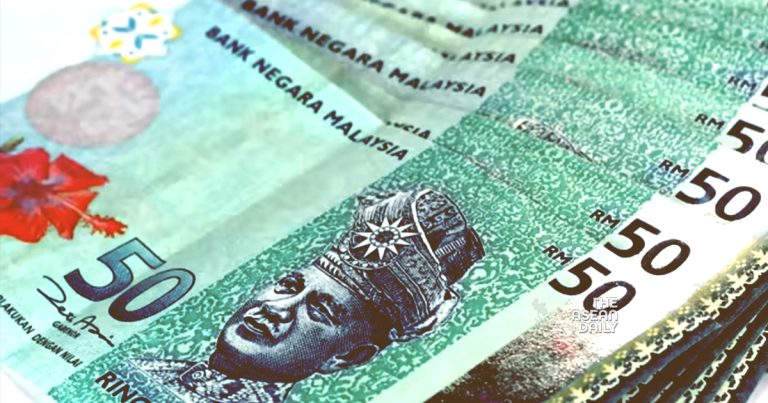10-10-2023 (KUALA LUMPUR) Malaysia is pursuing a concerted effort to increase the use of its national currency, the ringgit, in international trade as a measure to reduce dependency on the US dollar, according to Prime Minister Datuk Seri Anwar Ibrahim. While recognizing that most global trade is conducted in US dollars, Anwar stated that Malaysia has initiated efforts to use the ringgit when trading with several countries, aligning with the global “dedollarisation” trend by strengthening demand for the local currency.
Anwar stated, “I have held discussions with China and ASEAN nations on how we can use the local currency for trade. This was well-received by China, with some 28% of investment, amounting to billions, to be conducted in ringgit instead of the US dollar.”
In addition to China, Malaysia has also successfully negotiated the use of the ringgit for trade with Indonesia and Thailand. Furthermore, many government-linked investment companies (GLICs) and several local private companies have already taken steps to carry out transactions in ringgit, contributing to the increased demand for the local currency.
Anwar emphasized the need to reduce over-reliance on the US dollar, stating, “It will be very challenging for the ringgit if all transactions are done in US dollars.” Some companies are now utilizing up to 70% of the local currency for their transactions.
Regarding the recent depreciation of the ringgit against the US dollar, Anwar clarified that it is not linked to fundamental economic factors but rather influenced by the US Federal Reserve’s decision to raise its overnight policy rates.
He stated, “The value of the ringgit is not dependent on fundamentals. Our economic growth is strong, investments are high, inflation and unemployment rates are down, yet the ringgit has depreciated.”
Anwar also mentioned a meeting with the governor of Bank Negara, Datuk Shaik Abdul Rasheed Abdul Ghaffour, who expressed optimism about the ringgit’s performance by the year-end based on the data and figures they had reviewed.
While the ringgit has depreciated by -6.5% against the US dollar as of October 6, Anwar pointed out that other regional currencies, including the Japanese yen (-10.8%), Thai baht (-6.5%), Korean won (-6.4%), and Chinese renminbi (-4.7%), have also been affected.
As Finance Minister, Anwar pledged to announce several measures in Budget 2024 aimed at alleviating the cost of living, not only for lower-income individuals but also other affected groups. He assured the parliament that more than RM81 billion would be allocated for subsidies in the current year. While acknowledging the necessity of rationalization to address the growing subsidy cost, Anwar pledged that it would not come at the expense of lower-income and other affected groups.




